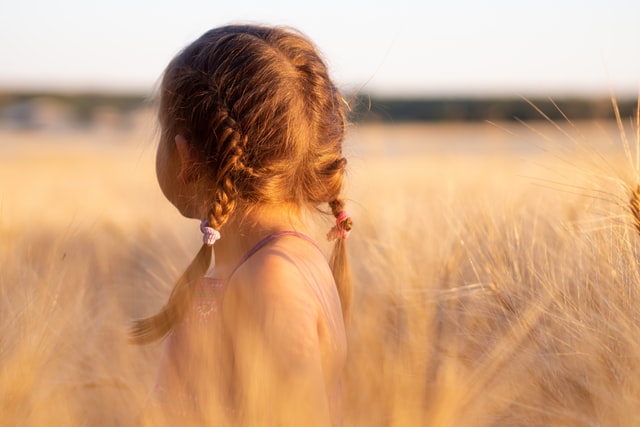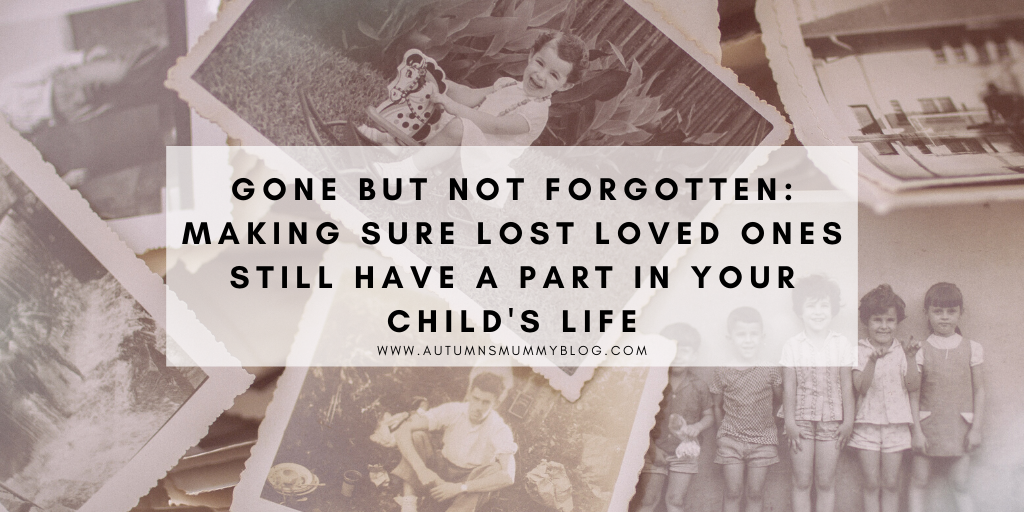Collaborative Post¦ Welcoming new youngsters into the family fold or watching the next generation grow can be incredibly rewarding. In many ways, it’s like a glimpse into the future, a place that often seems in better little hands than the lives we live at the moment!
But, as much as welcoming youngsters into the family can feel like a spark of hope, it can also trigger some unexpected emotions, especially regarding loved ones who aren’t around to see it. This sentiment can hit especially hard if one of your parents is no longer around for the birth or development of their grandchild, but even the gaps left by grandparents or more distant relatives can become prevalent where babies are concerned.
Worse of all is often the realisation that our youngsters will never get to meet or know those all-important people. Luckily, there are ways to keep lost loved ones alive for the new generation, and we’ve put together some pointers to help you achieve it.
Keep them in your conversation
When we’ve lost loved ones, we often find it comforting to keep them alive through conversation. As such, making an effort to talk to your youngster about those all-important people from a young age is a fantastic way to ensure they play at least some role in that new life. In fact, you may find that talking to your child about your parent who passed sees them developing memories of that person in their own right, meaning even absent grandparents can become a stable and comforting aspect of their lives.

Create a memory box for your child
Speaking of helping your child create their own memories of people, memory boxes or the modern equivalent of memory computer files can also prove invaluable. By scanning copies of old photographs or even seeking companies who can convert video to DVD where those old home movies are concerned, you ensure that your child is more than familiar with those who are no longer around. This can help them to feel close to even lost relatives and is a fantastic way to make them aware of their heritage as soon as possible.
Ensure there’s somewhere they can go to pay respects
Creating a special place for your child to go and contemplate/pay their respects to those missing loved ones is also worth your while. Graves or similar are, obviously, the easiest option here, but they’re not the only choice. A bench at the end of your garden with an inscription to that lost relative would also work well, or you could familiarise your child with that person’s favourite places so that they can return there time and again to reconnect through their lives.
These methods and more can work wonders for ensuring that even those who couldn’t meet your child play a significant part in their lives. In fact, focus your energy on this enough, and you may find that those people become the footsteps in the sand that your child needs to see them into adulthood.
Disclosure: This is a collaborative post.
